A testament to Maltese history and heritage.
Given its size, it is truly impressive that Malta can boast 365 churches – one for every day of the year! And they aren't just any old churches either. These 10 photos posted on Facebook’s Malta Landscape Photography feature stunning depictions of churches and chapels all around the island.
1. Saint Mary Magdalene Chapel, Dingli
Overlooking Dingli Cliffs, it is commonly known as il-kappella tal-irdum (chapel of the cliffs). Built in 1646, this chapel is the epitome of the simple, typical Maltese wayside chapel. It is also listed on the National Inventory of the Cultural Property of the Maltese Islands.
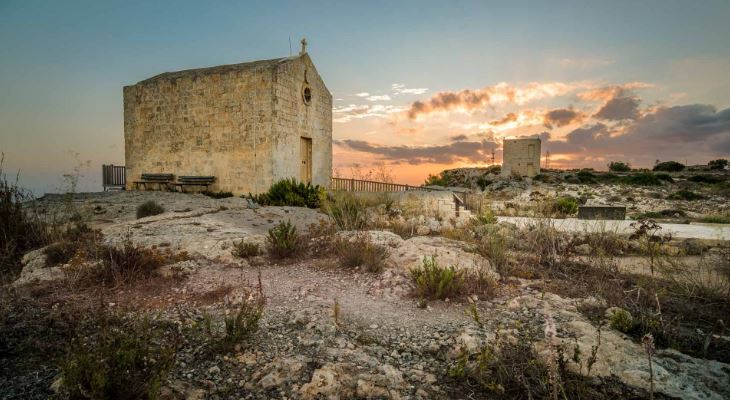
Malta Landscape Photography / Facebook
2. Our Lady of Ta’ Pinu, Għarb, Gozo
In 1883, it is said that a woman from the village of Għarb heard the voice of Our Lady at the small chapel on this site. Considered an architectural masterpiece, Ta’ Pinu church contains superb sculptures and craftsmanship in Maltese stone. The original chapel remains intact behind the altar, and still contains the painting of the Assumption to Heaven of Our Lady - the same painting from which the voice is said to have spoken to the woman.
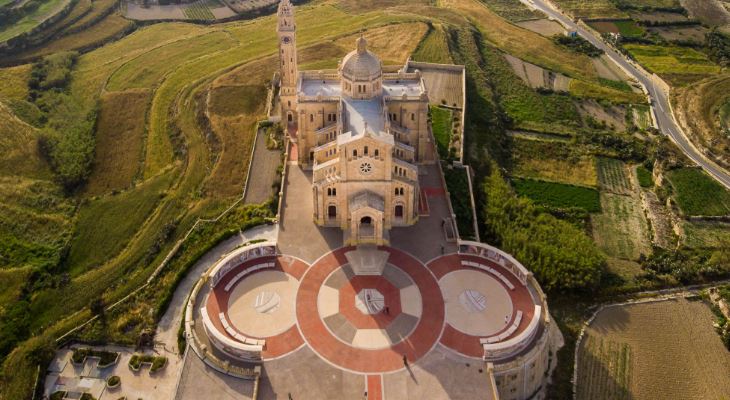
Malta Landscape Photography / Facebook
3. Parish Church of Our Lady of Graces, Zabbar
Dating back to the 16th century, the Parish Church of Zabbar is decorated with an altarpiece painted by Alessio Erardi. Throughout the ages, the church has been renovated in various styles, with the latest designs by Giuseppe Pace implemented in the 20th century. The church has been scheduled as a Grade 1 national monument.
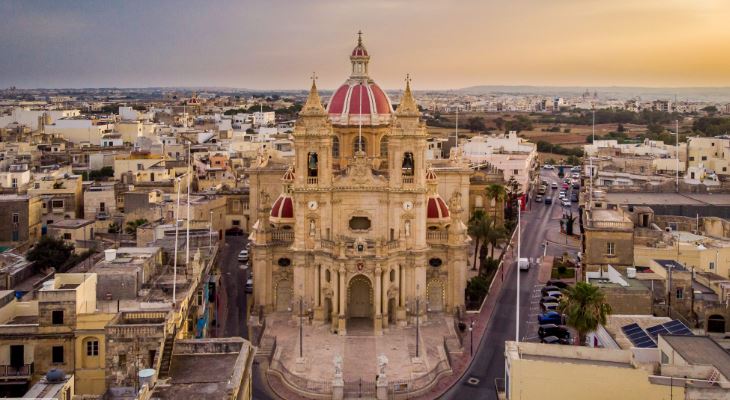
Malta Landscape Photography / Facebook
4. The Basilica of the Assumption of Our Lady, Mosta
A renowned church among locals and visitors, the Mosta dome is primarily famous for narrowly avoiding destruction during an air raid in 1942, when a German aerial bomb pierced the dome and fell into the church during Mass but failed to explode. The Mosta dome has been reclassified to the status of a basilica since 2015, granted by the Vatican.
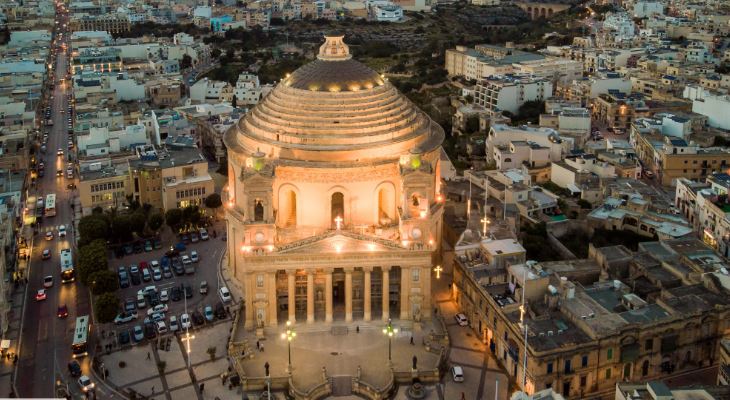
Malta Landscape Photography / Facebook
5. The Church of Saint John the Baptist, Xewkija, Gozo
Decorated with fine sculpture and modern paintings, the Rotunda of Xewkija is the largest church in Gozo and one of the island’s distinctive landmarks. Interestingly, the Rotunda is the Spiritual Seat for the Sovereign Military Order of Malta, known also as the Knights of Malta.
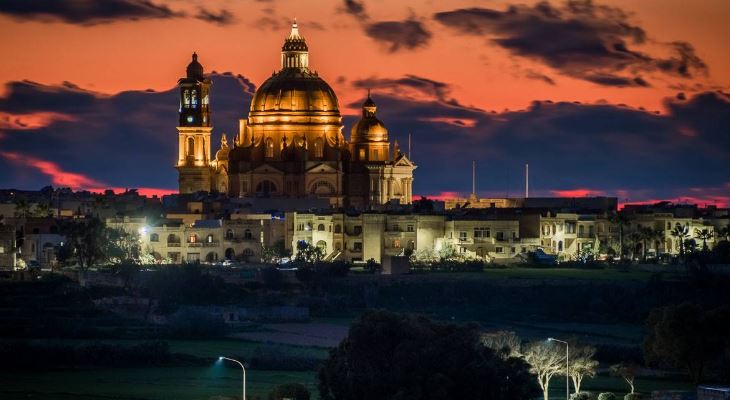
Malta Landscape Photography / Facebook
6. The Saint Publius Parish Church, Floriana
This magnificent church and its bell tower located behind the Floriana Granaries took nearly two centuries to be built! Consisting of neoclassical designs, the church also houses various prestigious sculptures and paintings, a notable one being the titular statue of St Publius, completed in 1811 by Vincenzo Dimech.
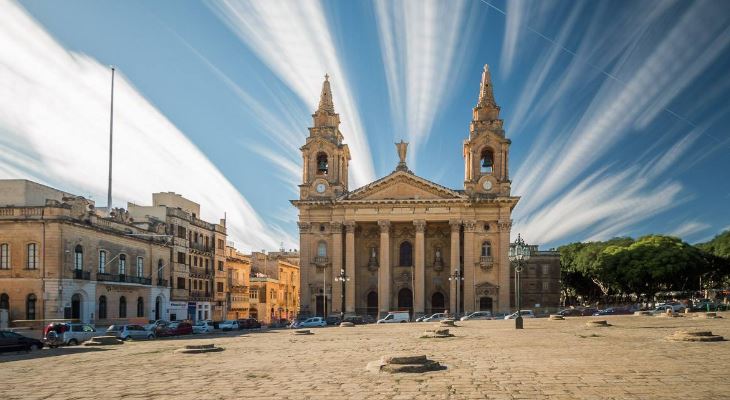
Malta Landscape Photography / Facebook
7. The Chapel of Our Lady of Lourdes, Mgarr, Gozo
This 20th century neo-Gothic church appears to almost hang over the village, situated on a high point in Mgarr. With spectacular views of the Mgarr Harbour, there is also a statue of the Virgin Mary of Lourdes placed in a natural cavity just beneath the chapel.
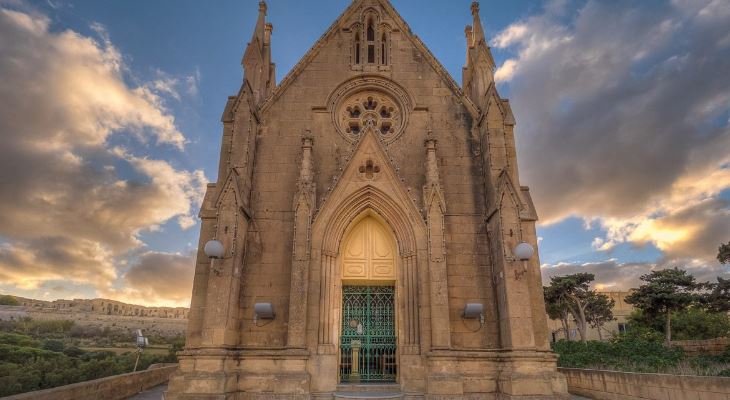
Malta Landscape Photography / Facebook
8. The Church of Our Lady of Mount Carmel, Balluta Bay, St Julian’s
A prominent landmark in St Julian’s, the Balluta church dates from the early to mid-20th century. Designed in neo-Gothic style, the church was handed over to the Carmelite friars and works were completed in 1958. The church was later enlarged in 1974, making it the gorgeous parish church we know today.
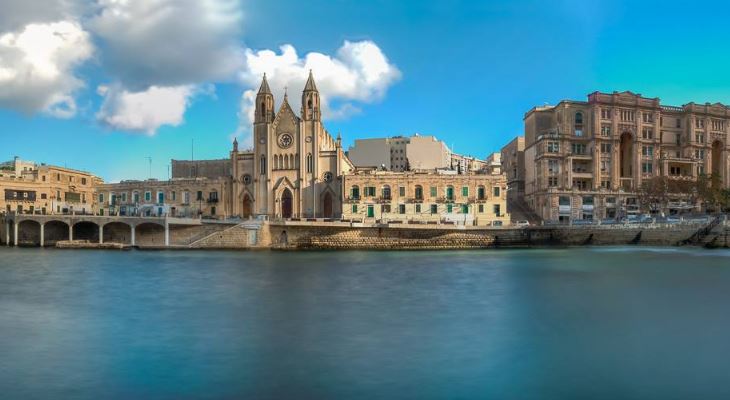
Malta Landscape Photography / Facebook
9. Chapel of Our Lady of Itria, Bingemma
Built in the late 17th century, the chapel consists of a church and a small sacristy. Today, it is in the hands of the Missionary Society of St Paul, and regular services are held for famers and villages still inhabiting these areas. The chapel is found in a stunning gap of the Victoria Lines.
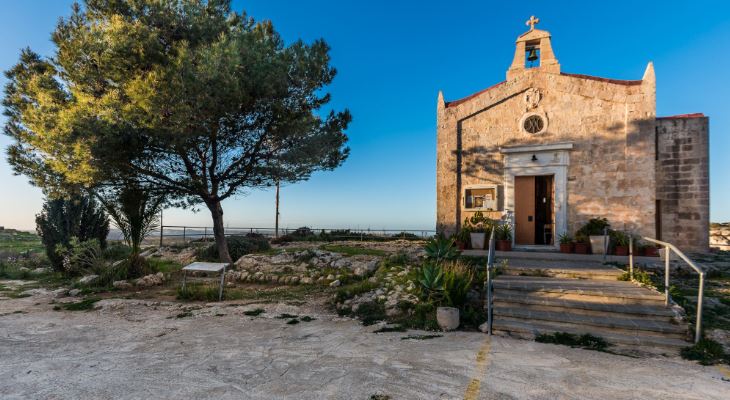
Malta Landscape Photography / Facebook
10. Parish Church of Saint Joseph, Msida
Built in Baroque style, this church has been the parish church of the seaside town of Msida since 1867. It takes the form of a three-aisled Latin Cross, a design frequently adopted in the 19th century.
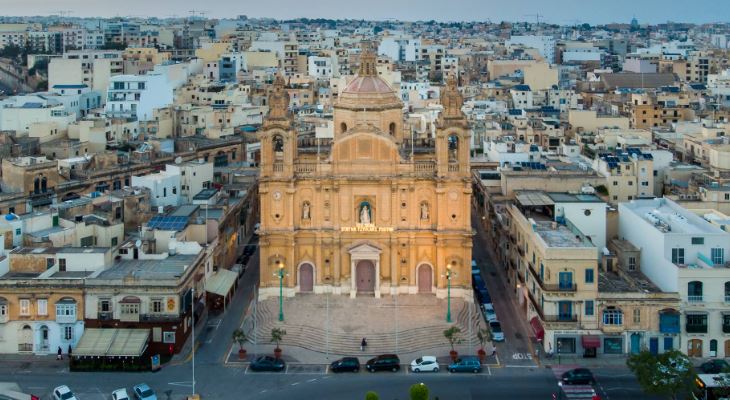
Malta Landscape Photography / Facebook